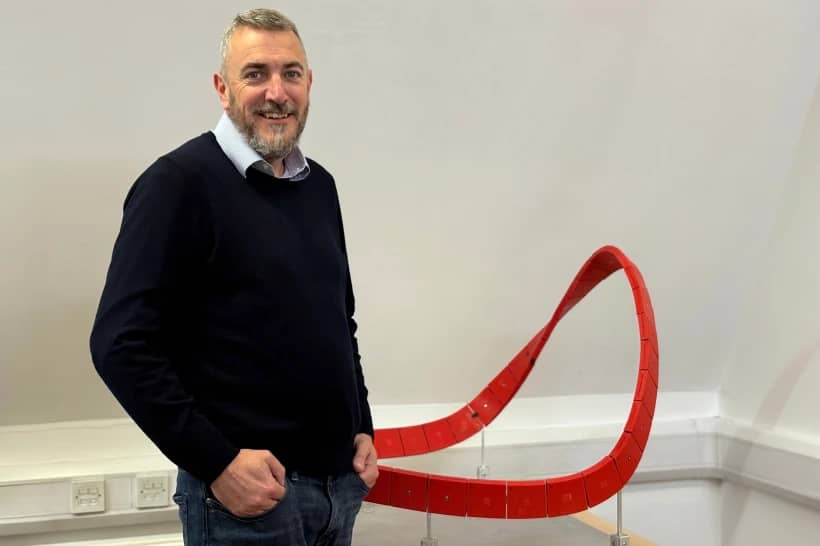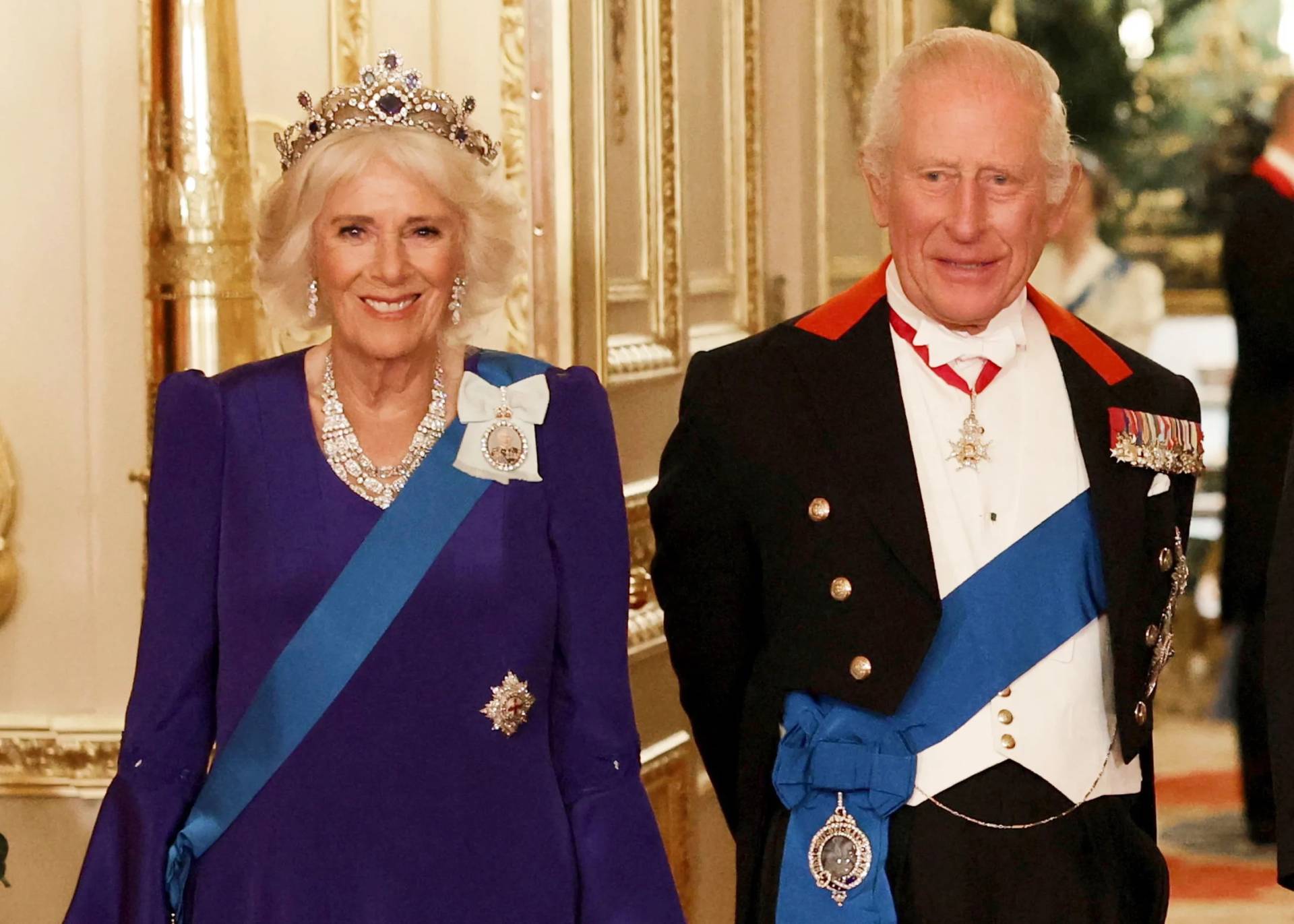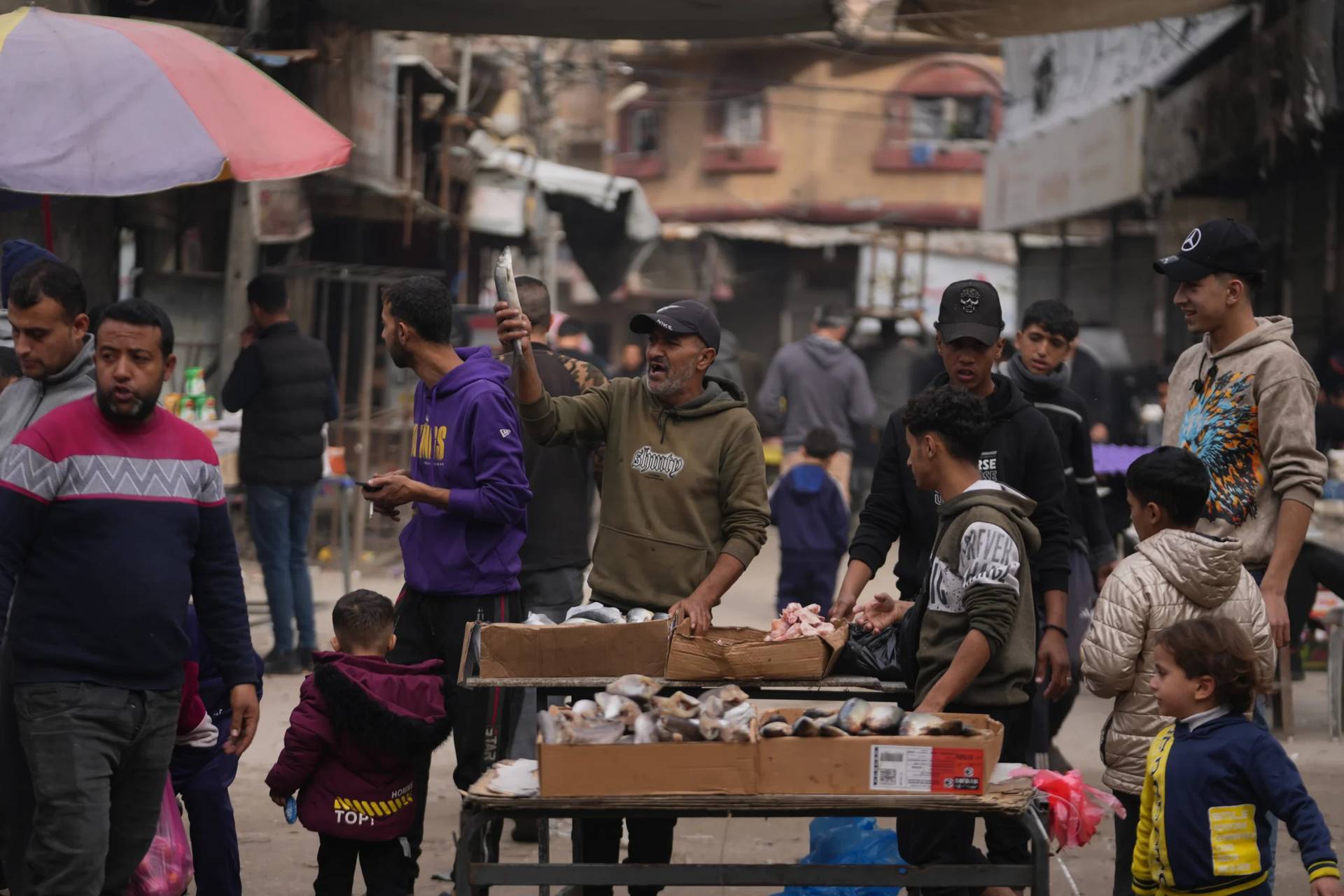LEICESTER, United Kingdom – Religious leaders in Ireland expressed their hope that “substantive progress” will restore the power-sharing government in Northern Ireland that collapsed more than two years ago.
The government of Northern Ireland fell apart in January 2017 after a breakdown in relations between the Democratic Unionist Party, which wants to keep Northern Ireland in the United Kingdom and whose members are Protestant, and Sinn Fein, which advocates a unified Ireland and are predominantly Catholic.
The two parties began negotiating to restore the devolved government last week, and on Tuesday, religious leaders met with leaders from all the territories’ political parties to encourage them in their talks.
They included Catholic Archbishop of Armagh Eamon Martin; Church of Ireland (Anglican) Archbishop of Armagh Richard Clarke; Moderator of the General Assembly of the Presbyterian Church in Ireland, Charles McMullen; President of the Methodist Church in Ireland, Rev. William Davison; and the President of the Irish Council of Churches, Rev. Brian Anderson. Most religious bodies in Ireland are island-wide, encompassing both the Republic of Ireland and Northern Ireland.
In a joint statement issued after the meeting, the religious leaders called on Northern Irish, British, and Irish politicians “to seize the opportunity for a new beginning that lies before them.”
“In welcoming this fresh initiative, together, we hope and pray that there will be substantive progress over the next number of weeks that builds relationships, bridges the gaps that remain and leads to the establishment of a sustainable power-sharing executive – one that is built on accommodation and trust, has reconciliation at its heart and is focused on the common good and welfare of all,” the statement continued.
“Having met with the five main party leaders last autumn, and since then having organised a series of meetings on the ground with elected representatives and many in civil society, we have been impressed by the genuine willingness of those involved to engage. At the same time, we all need to be realistic about the significant challenges that lie ahead in finding the necessary agreement,” the religious leaders added.
The other three main parties are the Ulster Unionist Party and nationalist SDLP – both considered more moderate than the DUP and Sinn Fein – and the non-sectarian Alliance Party.
British Prime Minister Teresa May on Monday spoke to Sinn Fein president Mary Lou McDonald and vice president Michelle O’Neill; Ulster Unionist leader Robin Swann; Alliance leader Naomi Long; and SDLP leader Colum Eastwood. She had previously spoken with DUP leader Arlene Foster – May’s Conservative Party doesn’t have a majority in the UK parliament, and depends upon the votes of the DUP to stay in power.
“The Prime Minister is very keen to see progress being made in the talks and the UK Government, working with the Irish Government, is doing everything in its power to make the talks a success,” May’s spokesman said.
The Irish religious leaders said Northern Ireland is suffering without a devolved government answerable to its people.
“In our churches and faith-based charities, as in other areas of society, we are witnessing daily the damaging and continuing impact of not having a functioning devolved government. Across our community, there is also a growing sense of hopelessness and even despair at the lack of progress. For the sake of the most vulnerable in our society, for the sake of the victims of our past, for the sake of children in our schools and for the sake of people who need improved health and social care services, now is the time to find a resolution to the political impasse,” their statement said.
The ongoing talks come during one of the roughest periods following the 1998 Good Friday Agreement that ended the decades-long Troubles in Northern Ireland, which left over 3,500 people dead. Much of the agreement – including the free movement of people and goods over the border with the Republic of Ireland – was underpinned by the fact both the UK and Ireland were members of the European Union, and that has been put into doubt by Britain’s vote to leave the economic bloc.
Making the new process more difficult is the upcoming election for the European Parliament, in which the UK – including Northern Ireland – is participating, since it hasn’t yet left the EU. This means the parties are negotiating at the same time as they are ramping up their campaign rhetoric ahead of the vote.
“While the timing for these talks may not be perfect, we believe this to be a fresh window of opportunity, born of tragedy, but nestling in hope for a future that now requires courageous and compassionate leadership,” the religious leaders said.
The tragedy is the murder of journalist Lyra McKee, who was shot dead April 18 by a member of Irish nationalist militant group the New IRA during rioting in Derry. Her death, and the fear of renewed political violence in the region, spurred political leaders to agree to meet and try and hash out a deal.













